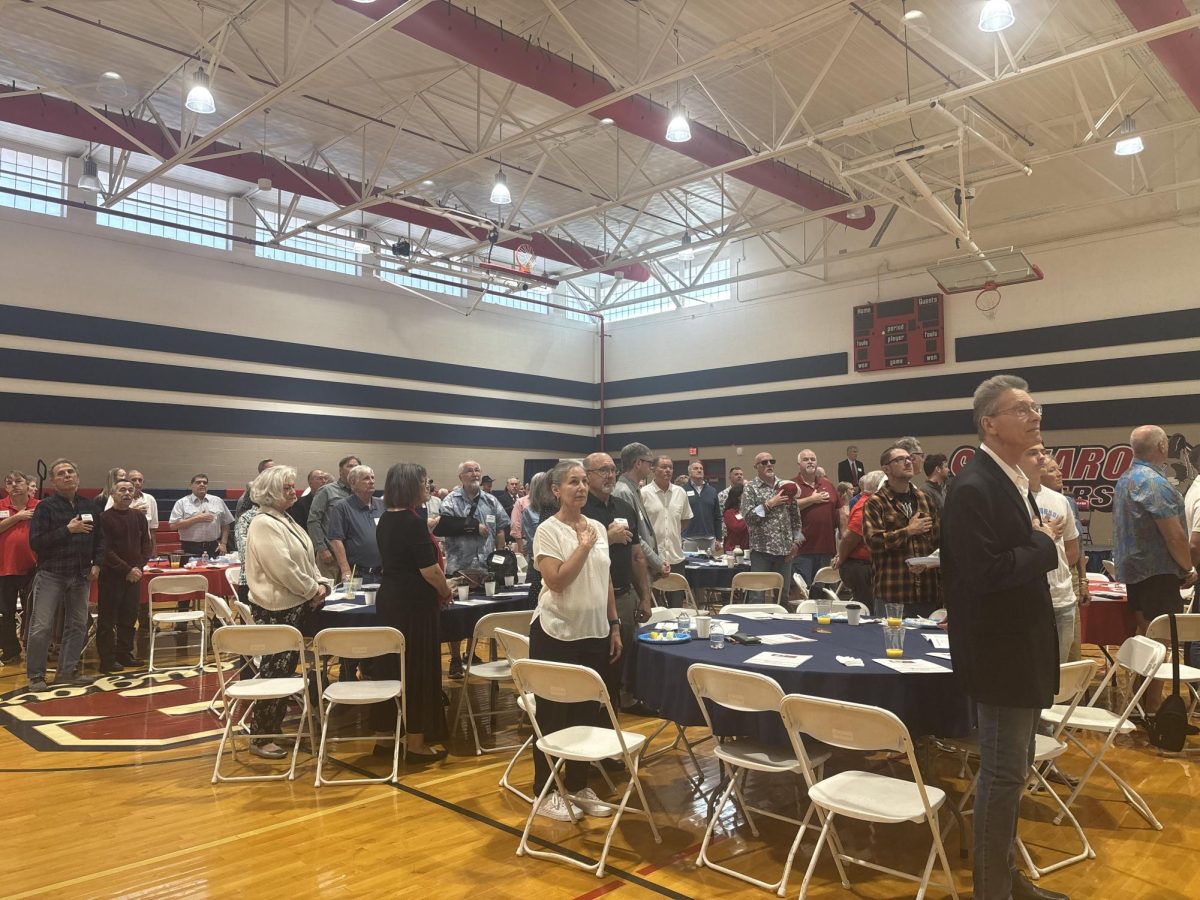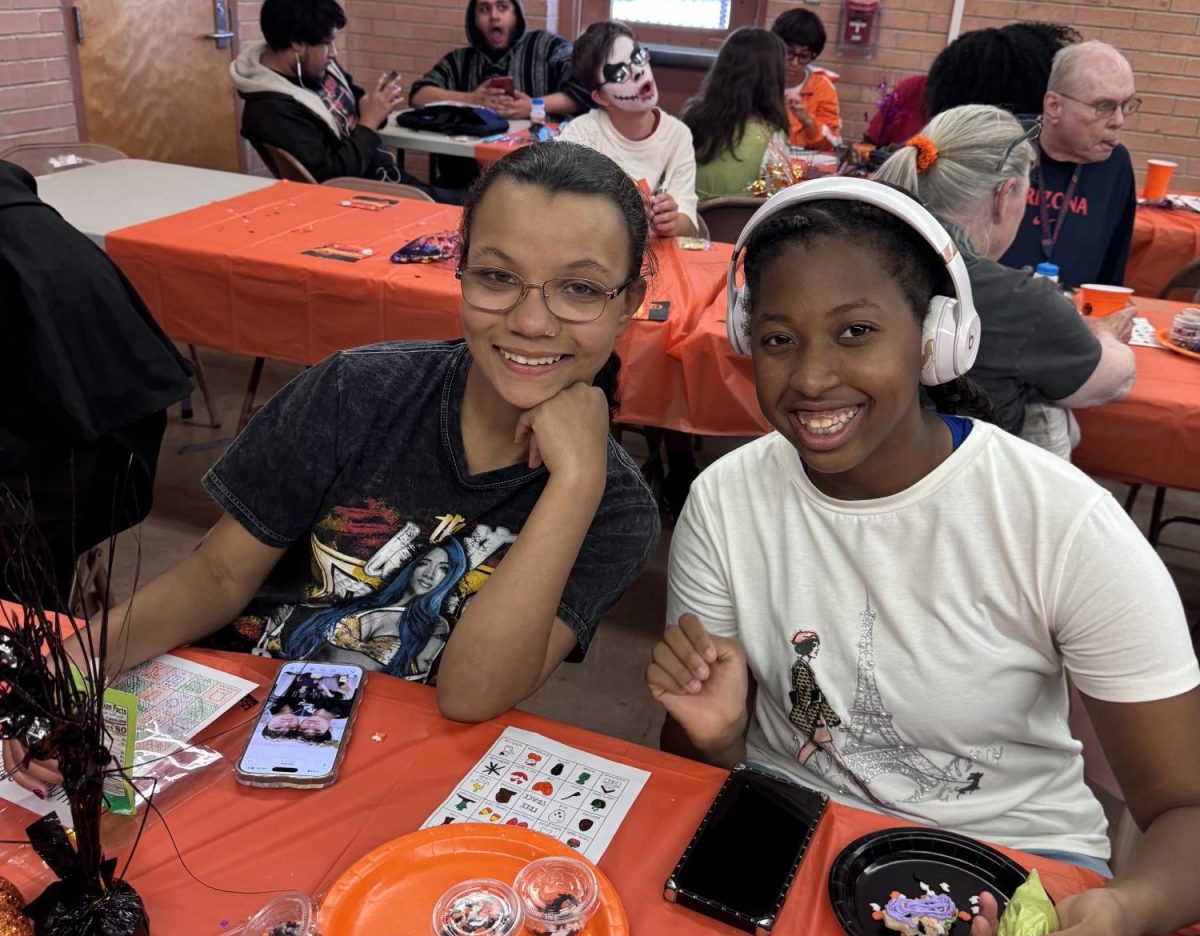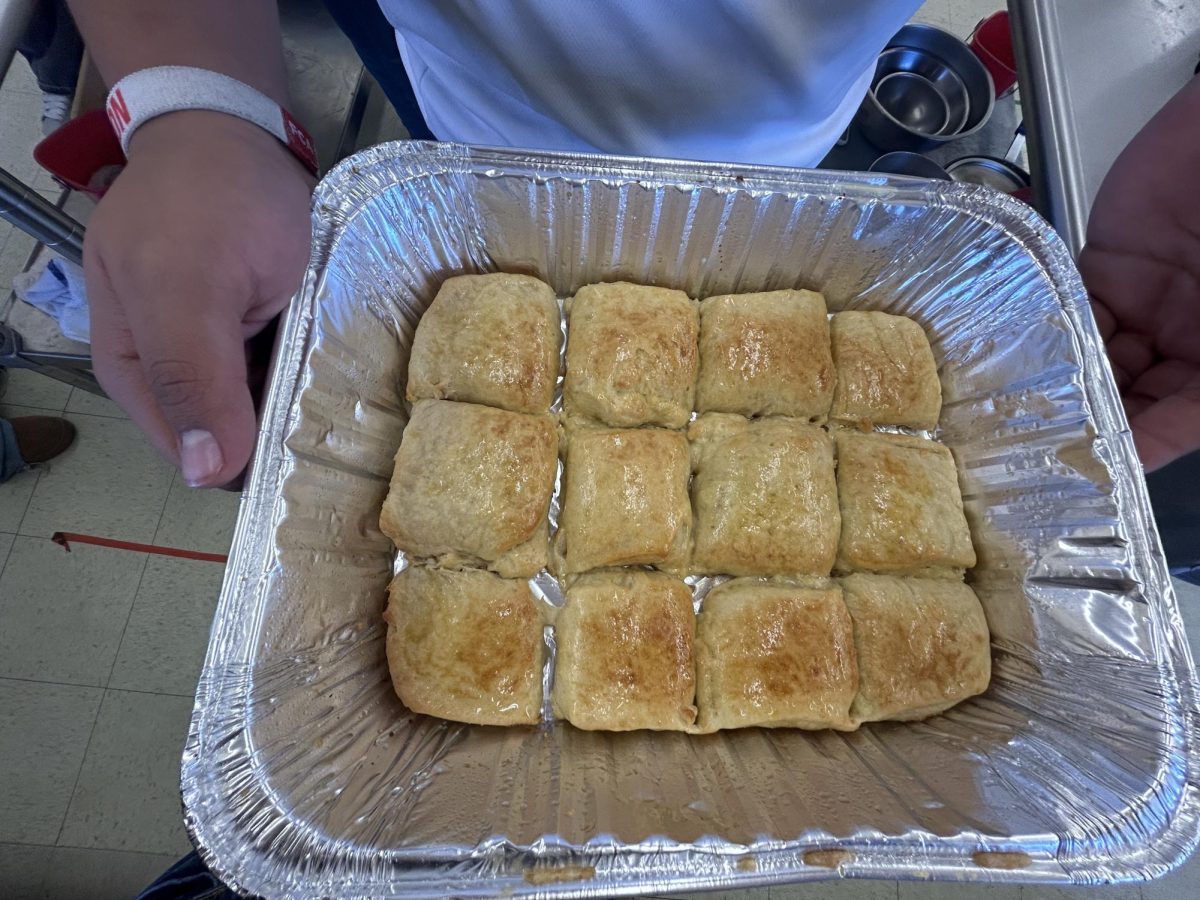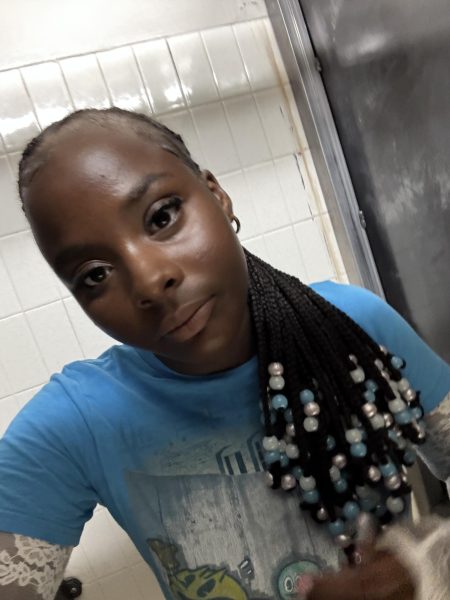Advanced Placement (AP) classes are some of the most challenging courses in high school, but they also come with the biggest rewards. They prepare students for college, strengthen knowledge, and give the confidence to push further. Still, the percentage of Black students in AP classes is much lower compared to other groups. That needs to change, because we belong in those classrooms too.
Malaika Willie, a junior, shared that what inspired her to join AP classes was the challenge. She takes AP Chemistry because she wants to succeed in her future goals, and she knows AP will help her build knowledge. “What I like about AP is that it gives me a push that normal classes don’t,” she explained. “When I wasn’t in APs, I would just do my work and have nothing else to do. But in AP Chem, I can ask questions, get clear answers, and at the same time, it challenges me to pick up my pace.” For Malaika, AP isn’t just about harder work, it’s about growing into the best version of herself.
I had a different experience. I took two AP classes and an honors class. For me, the workload was draining, and I felt like some teachers didn’t teach as well as they could have. But even with the struggles, I found support. There were Black students in my AP classes, and they helped me the whole time we had class together. To inspire Black people to join AP, I think it has to come from teachers who give students confidence. But friends and families play a big role too. If you get courage from your people, you’ll want to take it. I also noticed how negative talk about AP classes can scare students away. If you constantly say how much your AP classes drain you, that can discourage others from taking them. Or if you talk about how bad the teachers are, it can make them not want to join.
From their stories, it’s clear why some students don’t sign up for AP. Some don’t want the extra push and prefer an easier schedule. Others are discouraged when teachers don’t explain lessons clearly or when they hear that AP is too time-consuming. The pace can feel overwhelming, and the way people talk about AP can either inspire or discourage students from trying.
Even though AP can be tough, being in those classes matters. Representation is powerful. When Black students are in AP, they show younger students that they can do it too. It’s about opening doors, proving stereotypes wrong, and building the confidence to chase bigger goals.
AP classes may not be easy, but they’re worth it. With the right teachers, supportive friends, and family encouragement, Black students can thrive in AP spaces. Malaika and Naomi show that while the journey is different for everyone, the courage to step into an AP class is the first step toward breaking barriers. AP is not just about the work, it’s about the growth, the community, and the opportunities you gain. You belong in those classrooms.


















